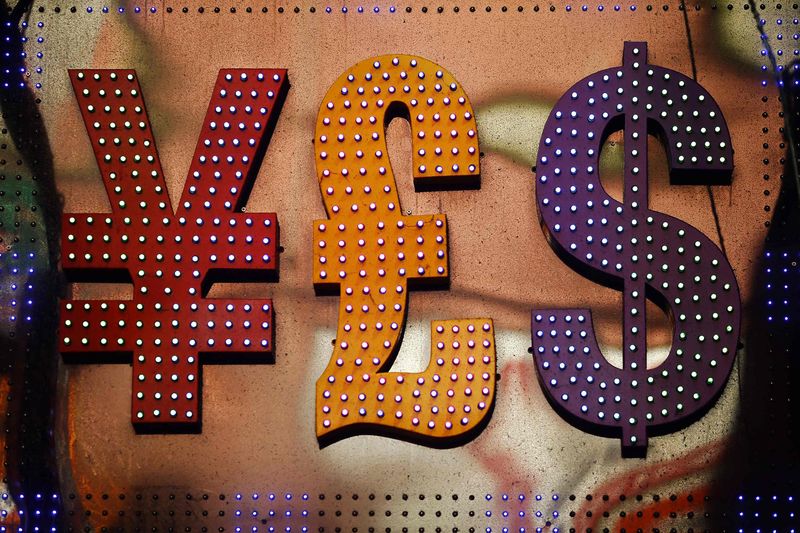By Gyles Beckford and Charlotte Greenfield
WELLINGTON/SYDNEY, July 16 (Reuters) - The New Zealand dollar crumbled to a six-year low after plunging dairy prices and underlying soft inflation virtually cemented the case for another rate cut at next week's central bank review, with analysts expecting further easing in coming months.
The kiwi slipped to $0.6535 NZD=D4 , the lowest since July 2009 and down from a top of $0.6724 on Wednesday. The Australian dollar followed suit and also hit its lowest in six years at $0.7354 AUD=D4 , having slid from a $0.7489 peak.
"The New Zealand dollar's performing as it should, acting as a shock absorber for declining terms of trade, and with other factors it will remain under pressure," said ANZ senior strategist Sam Tuck.
The slide began when the latest New Zealand dairy auction saw prices slump almost 11 percent, the ninth straight sale where prices have fallen.
Dairy is the country's biggest export earner and the tumble is badly hitting farm incomes.
The impact of crumbling commodity prices was evident in Canada where interest rates were cut to just 0.5 percent on Wednesday, sending its dollar sharply lower. ID:nL2N0ZV11H
Adding to the pressure on the kiwi was data showing inflation remained far below target in the second quarter despite a lift from higher petrol prices. ID:nL4N0ZV5H3 ID:W9N0TT01T
All of which backed expectations the Reserve Bank of New Zealand (RBNZ) will cut rates a quarter point to 3.0 percent at its policy meeting next week, with more policy easing expected in coming months to spark life into a slowing economy.
"The market is now arguing whether the cuts need to be stronger," ANZ's Tuck said.
New Zealand government bonds rallied hard with yields 0#NZTSY= dropping as much as 9 basis points.
That was in stark contrast with the outlook for U.S. policy as Federal Reserve chair Janet Yellen reiterated that a hike in interest rates was likely this year. ID:nN9N0ZU000
The kiwi duly slid across the board, with the trade weighted currency basket =NZD falling 0.6 percent to a three-year low.
Its Australian cousin was likewise sold widely, hitting a six-year trough on sterling GBPAUD= .
"The Aussie came along for the ride on the Kiwi sell off," said Stephen Innes, senior trader at FX/CFD firm OANDA, in a research note.
Australian three-year bond futures YTTc1 gained 4 ticks to 97.980, while the 10-year bond contract YTCc1 rose 6.5 ticks to 96.9850. (Editing by Shri Navaratnam)
